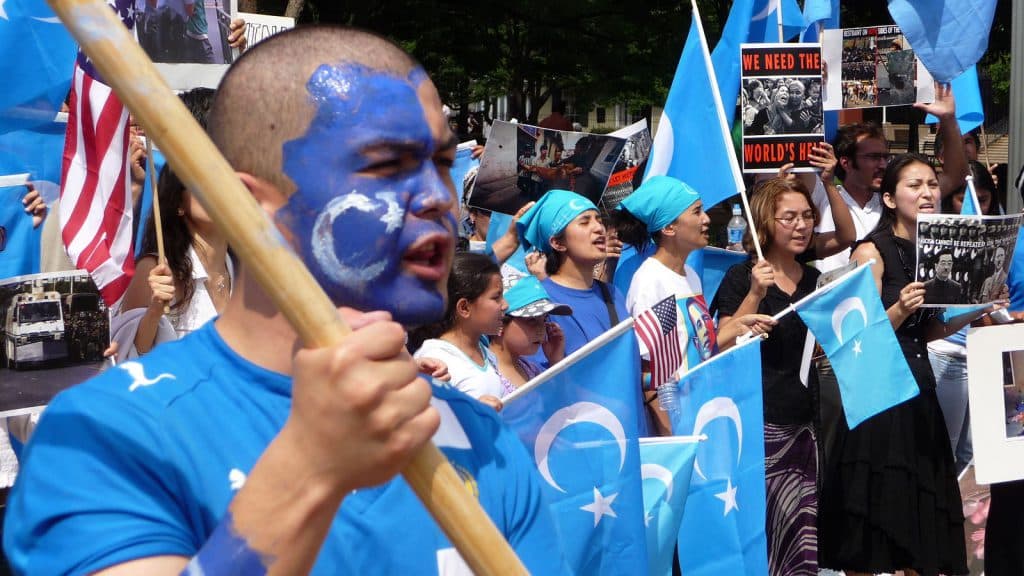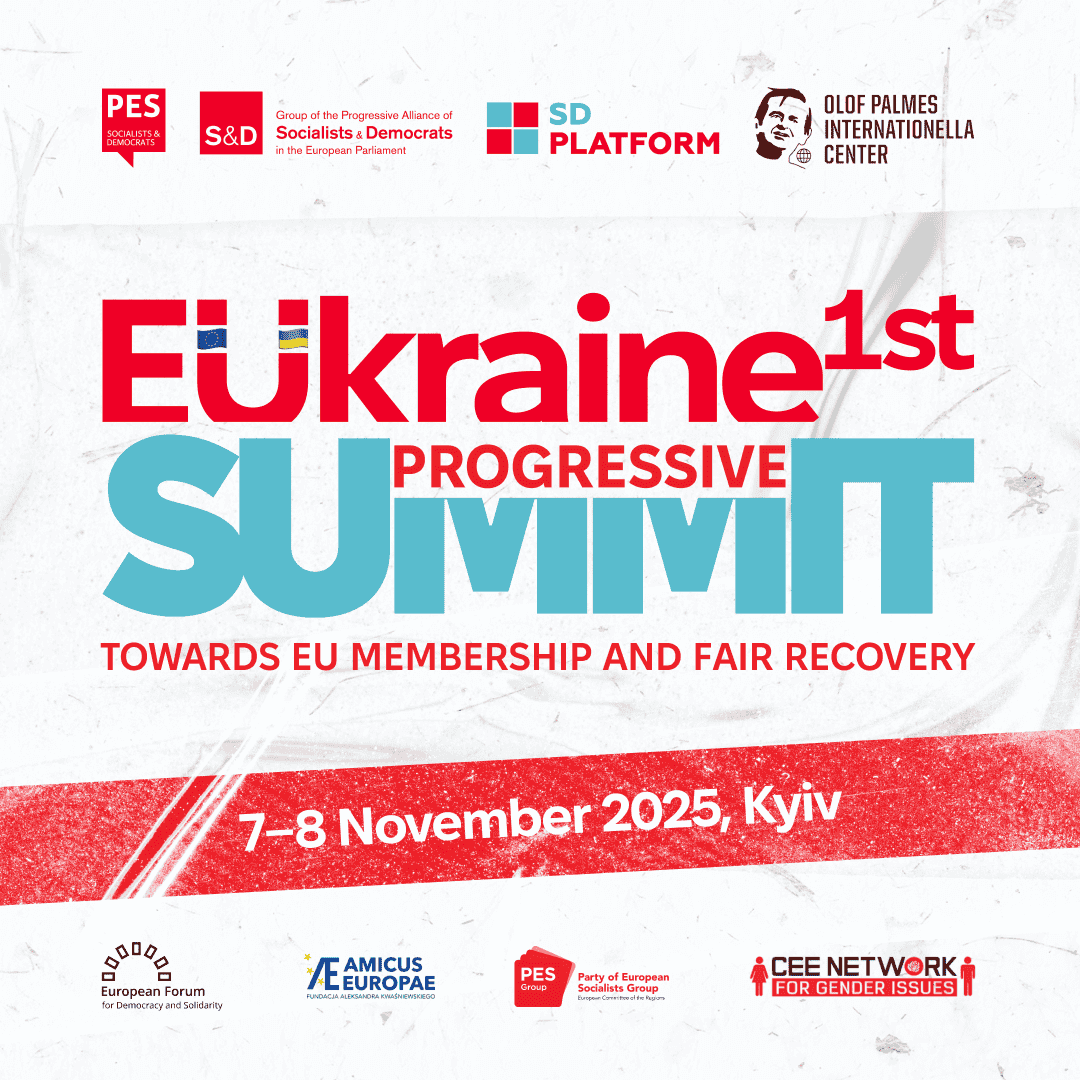Between one and three million Uighurs are currently detained in Chinese concentration camps in appalling conditions. They undergo torture that cannot bear the light of day. The millions of Uighurs outside the camps are also severely repressed and in constant danger. And it doesn't stop at China's borders, as the Uyghur diaspora is under constant surveillance beyond, including in the Netherlands. While this crime against humanity has been going on for years, hardly any countries have introduced sanctions against the Chinese government. Even the Netherlands has not taken any action so far.
Rivalry between Uighurs and Han Chinese: the beginning of the problem
The Uighurs are an ethnic minority in China with roots dating back at least 2,000 years. They live mainly in the Xinjiang region and have a population of about 12 million. Most of them are Islamic and speak a language close to Turkish. Xinjiang's economy has long been based on agriculture, especially cotton. Many Uighurs therefore work on the land, but also in mines or factories. From 1950, many Han Chinese, the ethnic majority in the country, started migrating to Xinjiang. The economic differences between the two groups grew enormously, causing discord. The result of years of mutual tension was that violent attacks occurred regularly. The Chinese government decided that the Uighurs were to blame for this and called them terrorists. This became the beginning of years of systematic repression, human rights violations and the recent concentration camps.
In the camps: organs removed from living people
In 2017, we first heard about the concentration camps in China, where prisoners' human rights are undeniably violated. For instance, they are no longer allowed to practice their, mostly Islamic, faith. Headscarves, beards and religious fasting are all banned, and Muslims are forced to consume alcohol and pork. But this is not all. The Uighurs are forced to work in appalling conditions and make products to be sold on the national and international markets. These products sometimes even contain prisoners' body tissue. In 2020, for example, US customs intercepted a shipment that contained hairpieces, such as extensions, made from Uyghur hair. On top of this, the prisoners are tortured, raped, rendered infertile and brainwashed. And that is not all. The most lurid information that has come out is that organs are removed from living people to be traded[1].
Four years ago, it was estimated that there were thousands of people held captive. Meanwhile, it has become between one and three million. According to the Australian Strategic Policy Institute there are about 400 concentration camps and more than 60 were still in the process of being built between July 2019 and July 2020, indicating that the Chinese government does not intend to stop yet. However, both the numbers related to prisoners and camps are difficult to verify, as the Chinese government does not reveal much about this. What they do tell us is that the camps are just a place of "re-education", where Uighurs would voluntarily go. This is demonstrated in propaganda videos where the "students" are taught the Chinese language and dance and sing. Yet we know this is not true. Satellite images and stories from survivors confirm that these are the gruesome practices described earlier. The Netherlands has also known about the progress in the systematic suppression, intimidation and extermination of Uighurs in China for over 20 years.
Outside the camps: spies infiltrate families
So about one in 10 Uighurs is currently stuck in a camp. However, those not in concentration camps are also systematically oppressed and in danger. Like the others, they are no longer allowed to practise their religion and even mosques are vandalised. Moreover, the population is monitored, including by face-recognising cameras on the streets and by hacking mobile phones. The government has also enlisted spies to infiltrate families.
Chinese spies at Dutch IND
It does not stop at China's borders. Uighurs who fled to other countries recently or years ago are also being harassed and blackmailed. Their computers and phones are hacked and they are personally approached. They are then told to pass on information about other Uighurs or not to speak out openly about what is happening in China. If they do the latter, family members left behind are at risk of being arrested, tortured or killed. Even for the Dutch government, this has not been a "far from my bed show" since 2011 anyway. In that year, our country found out that there were Chinese infiltrators at the Immigration and Naturalisation Service (IND). They worked as interpreters during IND interviews with Uighur asylum seekers and then passed on all the information to the Chinese government.
Parliamentary questions as early as 2001
As mentioned earlier, the Netherlands has known about the oppression of Uighurs and other minorities in China for at least two decades. As early as 2001, for instance, MPs Hoekema and Ter Veer, of D66, submitted parliamentary questions to then Foreign Minister Van Aartsen. The members asked whether the minister was familiar with Amnesty International's report of the same year[2], which stated that, among other things, Uighurs were "still being mistreated and tortured" by the government and this does not only occur "when investigating criminal and political offences". Van Aartsen replied that he was indeed aware of this and also had reports at his disposal from previous years, which showed that human rights violations had worsened. He added that the Netherlands, together with the European Union, the United Nations and NGOs, had brought this up several times in China and would continue to advocate for this during bilateral visits, among other things. Surely now, 20 years on, we can conclude that this has had no effect and the violations have only gotten worse, reflected in 21e-century concentration camps with millions of innocent people.
Motions from the House of Representatives
It seems that Dutch politicians are slowly, and incidentally far too late, starting to realise that this is no longer acceptable. In 2017, the first motions were tabled on the subject. In particular, it was Tunahan Kuzu of DENK, who took the lead in this and asked Foreign Minister Zijlstra to continue to stand up for the Uighurs. Over the years, Kuzu continued to table motions. Most recently, for instance, he asked the government for sanctions. Several other MPs also started filing motions over the past two years, including Sjoerd Sjoerdsma of the D66 and Lodewijk Asscher and Lilianne Ploumen of the PvdA. Asscher called for an international investigation and Sjoerdsma and Ploumen for sanctions.
Where are the sanctions?
The Netherlands almost never imposes sanctions itself, preferring to do so in a coalition or from within the EU. However, European sanctions also remain off the table for now. This is of course because many countries fear the economic consequences if they turn a world power like China against them. Yet not everyone cares. For instance, the United States, led by then-President Donald Trump, called the Chinese atrocities towards the Uighurs genocide and introduced sanctions, despite threats from the Chinese government. The country has listed 14 senior Chinese officials who have passed national security legislation. These officials and their immediate family members are banned from entering the US and their US accounts are frozen. Moreover, US citizens are not allowed to have contact or do business with them.
The Netherlands has only taken two real steps so far, which incidentally are nowhere near sanctions. In 2016, for instance, it decided to give Uyghur asylum seekers more protection and be less likely to be deported. Also, the Netherlands, along with 38 other countries, issued an international statement urging China to respect the Uighurs' human rights. The latter did not help. On the contrary, 45 countries have issued a counter statement in which they stand up for China.
The outgoing cabinet had been discussing behind closed doors for several weeks whether and what sanctions they might introduce. Unfortunately, we now have to wait for the formation of the new government for any roadmap, which will take months at least. Given the scale of human rights violations, the fact that the Chinese are intimidating Uighur Dutch citizens AND a Dutch government body has been infiltrated, we should not have to accept that sanctions have not been introduced so far.
By: Meriem Hammami
Sources: CNN, Washingtonpost, NBC, Amnesty, Chinatribunal, Britannica, BBC1, BBC2, BBC3, BBC4, Saveuighur, Economictimes, Second Chamber1, Second Chamber2, Lower House3, Lower House4, Second Chamber5, Second Chamber6, House of Representatives7, Central government, Volkskrant, Businessinsider, NYTimes, Thediplomat1, Thediplomat2, Reuters, HRW, Refugee Council, Aljazeera, UN
Image: Wikimedia (Protest 2009)




